Transform Classrooms from the Inside Out – JOANNA CURRY-SARTORI (Digital Seminar)
Description:
Anxiety, depression, trauma, bullying, school avoidance, self-harm, and violence. These are all signs that your students’ nervous systems are in survival mode leaving them distracted, disrespectful, angry and afraid. Their minds are not “online” for effective learning and their hearts are not available to connect and collaborate with others.
You’re working harder than ever, but when nothing you try seems to reach the kids who need you most, you feel increasingly frustrated, burnt out, overwhelmed, and hopeless. You need a new way to reach today’s kids who face so many troubles and the complicated emotions that come with them.
Internal Family Systems (IFS) is one of the most popular, new, and effective evidence-based approaches inspired by current brain science and cutting-edge psychological constructs. Ultimately, applying the power of IFS into your classrooms will transform your school from the inside out!
Whether you’re a classroom teacher, special education teacher, school social worker, psychologist, or specialist, this training will clearly and easily give you a new approach to:
- Confidently and effectively manage extreme emotions and behaviors in the classroom
- Connect with and inspire all students – even the ones for whom nothing seems to work
- Relieve your stress and burnout more effectively!
- Create a cultural shift toward emotional empowerment and understanding in your school
- Reinvigorate your professional work and change lives!
If you only purchase one professional development program this year make it this one! Give your students (and yourself) the gift of greater success in the classroom and a brighter future!
Outline:
What is Internal Family Systems (IFS)?
If you’ve ever seen Disney Pixar’s film, Inside Out, you’ve got a head start on the IFS approach! In the movie, what Inside Out calls emotions (Joy, Fear, Anger, Disgust and Sadness), IFS calls parts. Each part of you has positive intentions, but sometimes they can be easily highjacked by other people’s behavior. This program will show you how to weave these concepts into your life to better show up for your students and reduce your stress levels.
Apply IFS in Schools
Core Concepts of IFS & Evolution of the School Model
- Current state of students, educators and schools
- Student’s need for connection to self and to others
- Your vision for students & how IFS can help
- IFS Model & core concepts created by Richard Schwartz, PhD
- Development of parts, their positive intent and core needs
- Possibility for everyone to access their optional capacity to function & operate as best self
Apply IFS to You
Showing Up as Your BEST SELF for Students
- Understand our parts – different sides of us manifesting as emotions, perspectives, responses, etc.
- Relate to our parts, explore their source and needs
- Importance and benefits of adults practicing self-care to support well-being in students
Practice:
- Techniques to help you stay out of power struggles
- What to do when your buttons are pushed
- Understand protective response strategies to our own stress (extreme parts of us)
- Techniques on how to respond to upset students
- Understand protective response strategies to stress in students (extreme parts of us)
- Practices to access and operate with greater self-leadership
- Practical solutions to show up as your best self
- Reflective practice for personal awareness, self-care and understanding
Apply IFS to Students
Transform Disruptive, Angry, Disrespectful, and Distracted Behaviors
- Application of model in acute/crisis moments as response tool
- Implications for student behavior and learning capacity
- The effect of trauma and devaluing experiences to create extreme reactions
- How different parts/sides of us manifest as “bad”, disruptive/challenging behaviors in school
- Increase cooperation with teachers and their classmates
- Childhood attachment and the importance of relationships with school personnel
Practice:
- Implement pro-active, preventative practices: individually, relationally, in classes
- Increase awareness of different parts through mindfulness based, “unblending” practices
- Experiential activities which build foundational skills to apply with students
- Small work groups: applying the model with students
NLP online course
So what is NLP?
Firstly, NLP stands for Neuro-Linguistic Programming. Secondly neuro refers to your neurology;
Thirdly linguistic refers to language however, programming refers to how that neural language functions.
As a result,In other words, learning NLP is like learning the language of your own mind!
Moreover, NLP is the study of excellent communication–both with yourself, and with others.
It was developed by modeling excellent communicators and therapists who got results with their clients.
NLP is a set of tools and techniques, but it is so much more than that.
In conclusion, It is an attitude and a methodology of knowing how to achieve your goals and get results.
Preview Information:
Original Page
Archive Page


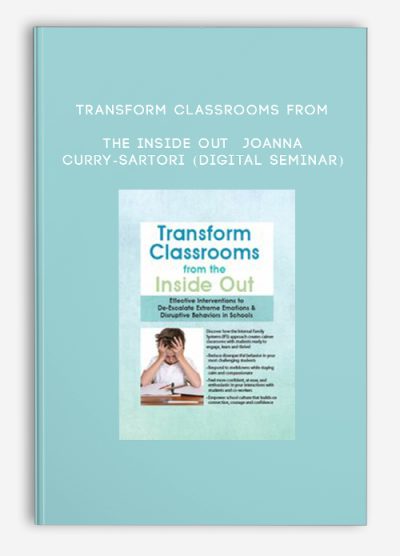
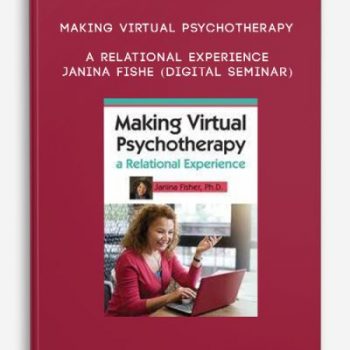
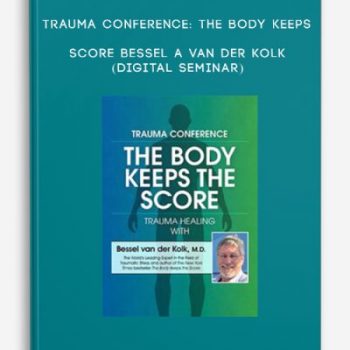
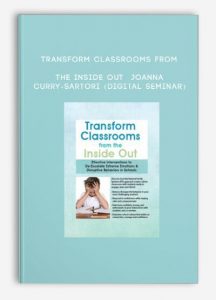
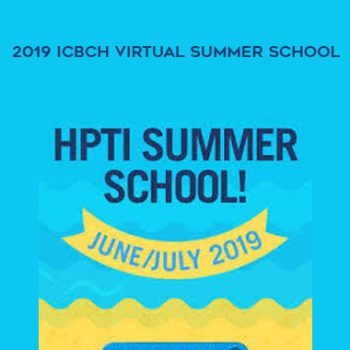




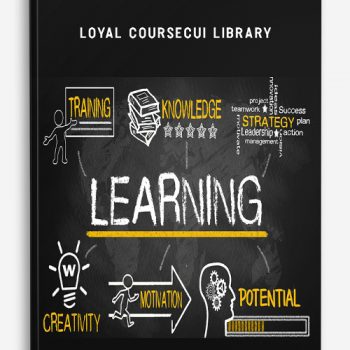


Lord –
This is Digital Download service, the course is available at Vincourse.com and Email download delivery.